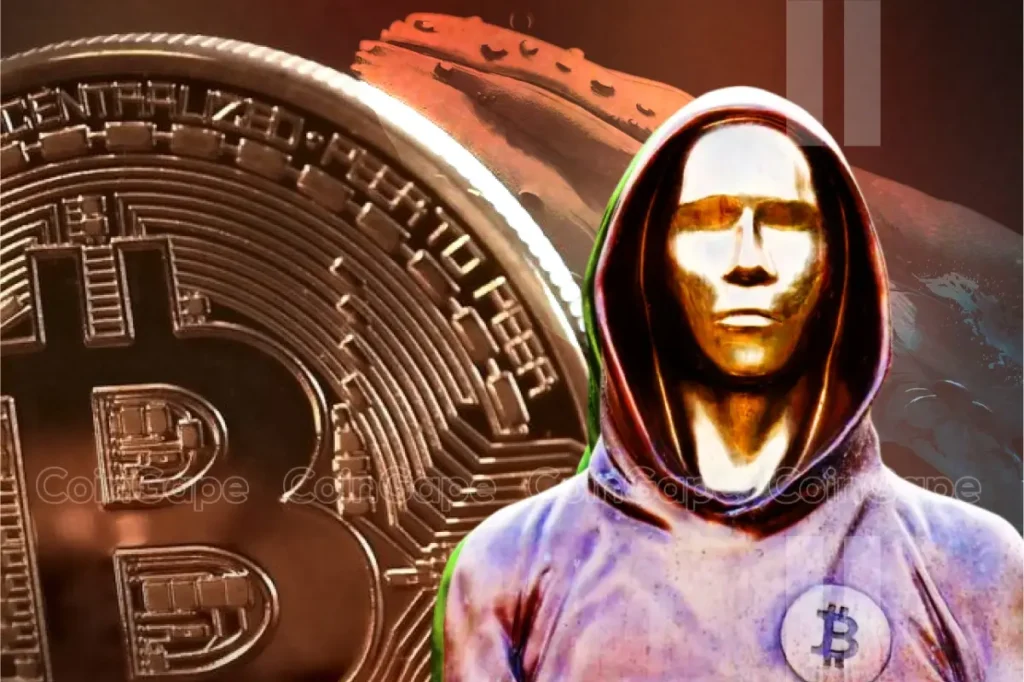Understanding the Legal Pursuit for Bitcoin Creator’s Identity: An Overview of James A. Murphy’s Lawsuit Against DHS
In a notable chapter of the ongoing saga surrounding Bitcoin’s origins, Attorney James A. Murphy filed a lawsuit against the Department of Homeland Security (DHS) on April 7, 2025. The lawsuit aims to compel DHS to release records concerning the true identity of Bitcoin’s creator, Satoshi Nakamoto. Murphy’s legal action follows the department’s failure to fulfill his Freedom of Information Act (FOIA) request submitted on February 12, 2025. This case highlights the intersection of cryptocurrency, government oversight, and public interest in identifying the enigmatic figure behind the revolutionary digital currency.
Murphy’s lawsuit emerges amidst an escalating wave of governmental interest in Bitcoin. A critical element of this case revolves around a statement attributed to DHS Special Agent Rana Saoud, who seemingly revealed at a 2019 conference that DHS was aware of Nakamoto’s identity. Notably, the complaint refers to Saoud’s assertion that agents were dispatched to interview Nakamoto in California, with findings suggesting that Nakamoto was not acting alone but rather collaborated with three other individuals in creating Bitcoin. Despite these disclosures, the identities of these alleged co-creators remain shrouded in secrecy, prompting Murphy’s pursuit of further clarity through legal channels.
The lawsuit underscores the consistent lack of responsiveness from DHS regarding Murphy’s FOIA request. According to the lawsuit, Murphy took substantial steps to obtain records pertaining to Saoud’s statements and any relevant interviews or discussions around the identity of Nakamoto. DHS acknowledged receiving Murphy’s request the day after it was submitted, forwarding it to Immigration and Customs Enforcement (ICE), but subsequently merged it with a prior request, further delaying the process. This perceived inaction spurred Murphy to file legal action, emphasizing the importance of transparency and accountability in government dealings, especially when public interest is at stake.
The public interest surrounding Nakamoto’s identity is further amplified by the potential implications for Bitcoin’s future. Murphy’s complaint references President Trump’s recent Executive Order mandating the establishment of a "Strategic Bitcoin Reserve" by the federal government, signifying a burgeoning recognition of Bitcoin’s significance within the national economy. Additionally, the presence of pending U.S. Senate legislation aimed at creating a Bitcoin reserve, coupled with initiatives from nearly 20 states considering legislation to authorize public funds for Bitcoin investments, further illustrates the cryptocurrency’s increasing institutional embrace. This growing landscape suggests that uncovering Nakamoto’s identity may have far-reaching ramifications on both cryptocurrency regulation and market dynamics.
Furthermore, Murphy’s complaint highlights the stakes involved in Bitcoin’s trajectory, noting the substantial net worth of Satoshi Nakamoto, estimated at around 1.1 million BTC, translating to approximately $86.9 billion at current market prices. This figure alone underscores the potential impact and interest that the creator’s identity holds not just for enthusiasts and investors, but also for regulatory bodies and financial institutions exploring Bitcoin as a viable asset. Murphy’s actions serve as a reminder of the urgency surrounding transparency and regulatory clarity in an increasingly complex cryptocurrency landscape.
The complexities of uncovering Satoshi Nakamoto’s identity reflect broader themes within the cryptocurrency realm, particularly as public and private entities navigate the shifting financial landscape. The ongoing legal battle not only signifies Murphy’s commitment to obtaining information through legal means but also highlights the essential need for transparency surrounding cryptocurrencies that play an increasingly critical role within the global economy. As we track the progress of Murphy’s lawsuit and the ongoing developments in government regulation of Bitcoin, it becomes evident that this case is poised to influence the future of cryptocurrency regulation and the public’s perception of digital currencies as legitimate financial instruments.


